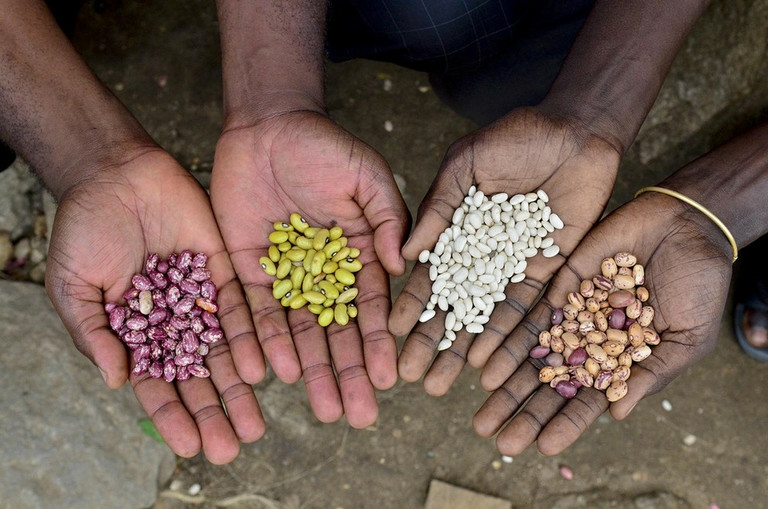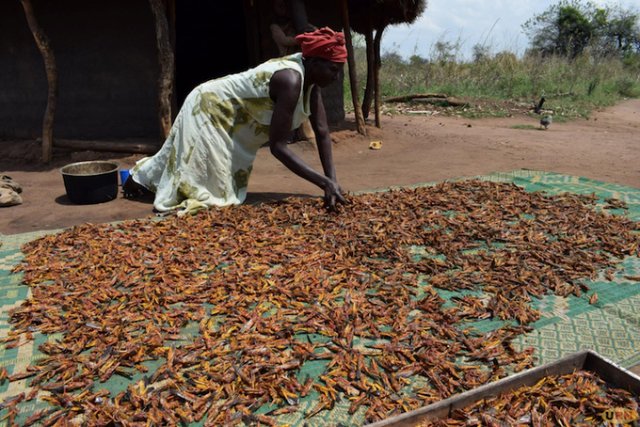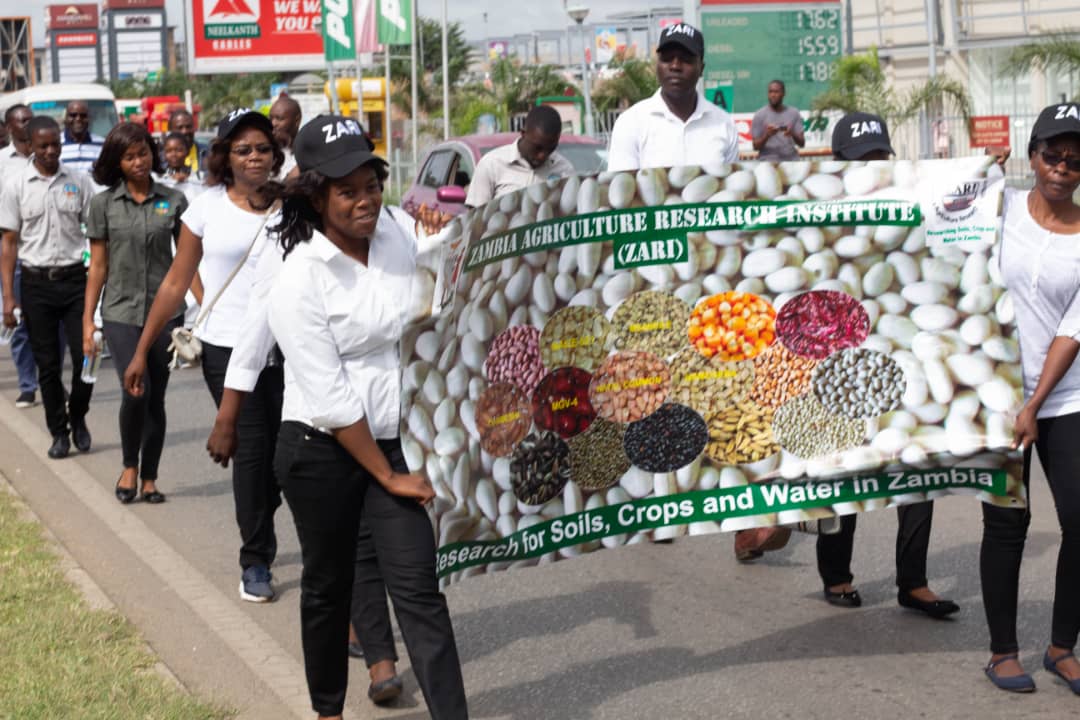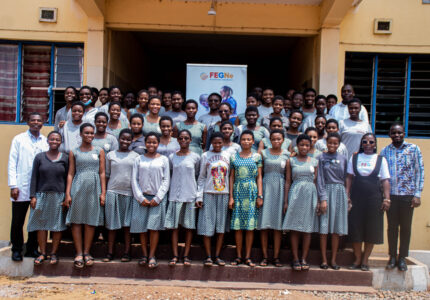Plants play very vital roles in the sustenance of the environment including all humans and animals. From production of oxygen, to food, medicine or drugs, plants’ contribution cannot be downplayed. For this reason, we cannot ignore the contribution plants make towards the achievement of the UN Sustainable Development Goals- which seek to address global challenges and help create a better and more sustainable future for all.
Though the goals are interconnected, Goal 1, 2, 3 and 15 could be said to have a direct connection with plants. These are goals are No Poverty, No hunger, Good Health and Well-Being and Life on Land. With food production, medical industries and environmental conservation heavily relying on plants, there is the need to develop, improve and harness new ideas and technologies in the field of plant sciences to continue to meet the fast changing demands of the planet.
Plant sciences may involve a deeper study into plants’ anotomy, morphology and external factors that affect it. The area is a broad one that has many subdivisions with scientists in each working to make improvements or bring about innovations.
If the world is hoping to be poverty-free, then each country would have to be self sufficient (especially in food production). Professor Paul Kimani, a plant breeder in University of Nairobi once said, “It is never wise and economical for people to only grow plants because they want to eat it. It is better to grow for the market so they can eat what they want”.
If enough is grown and traded, countries, regions and individuals will be economically sound to make personal choices. Right varieties (seeds) and sustainable agricultural production which are results of plant science research could be utilized in achieving this.
To be food secure and hunger-free, more needs to be grown and harvested. According to an Addis Ababa based thinktank in 2019, one in three African children are stunted and hunger accounts for almost half of all child deaths across the continent. Yet two thirds of Africa’s land is arable and can be fully utilized.
The continent suffers a lot from stress conditions such as drought, floods, diseases, pest and post harvest losses leading to the effects mentioned earlier. These can however be improved by plant science research. Resistant, fast growing and high yielding varieties can be developed to help maintain a sustainable food production system. This is a key-contributor to a no-hunger goal.
Good health and well-being and life on land cannot be possible if we cannot sustain plant growth. At the end, we need good food, oxygen and medicines to help us live. And once again the role of plant science cannot be left out. The science provides an important push to all and the SDGs in making the world a better place. End results of its research can go a long way in championing our goal.
By: Dennis Baffour-Awuah
(image credit: Neil Palmer/CIAT)







Inscrivez-vous pour obtenir 100 USDT
Thank you for your sharing. I am worried that I lack creative ideas. It is your article that makes me full of hope. Thank you. But, I have a question, can you help me? https://www.binance.com/fr/register?ref=P9L9FQKY